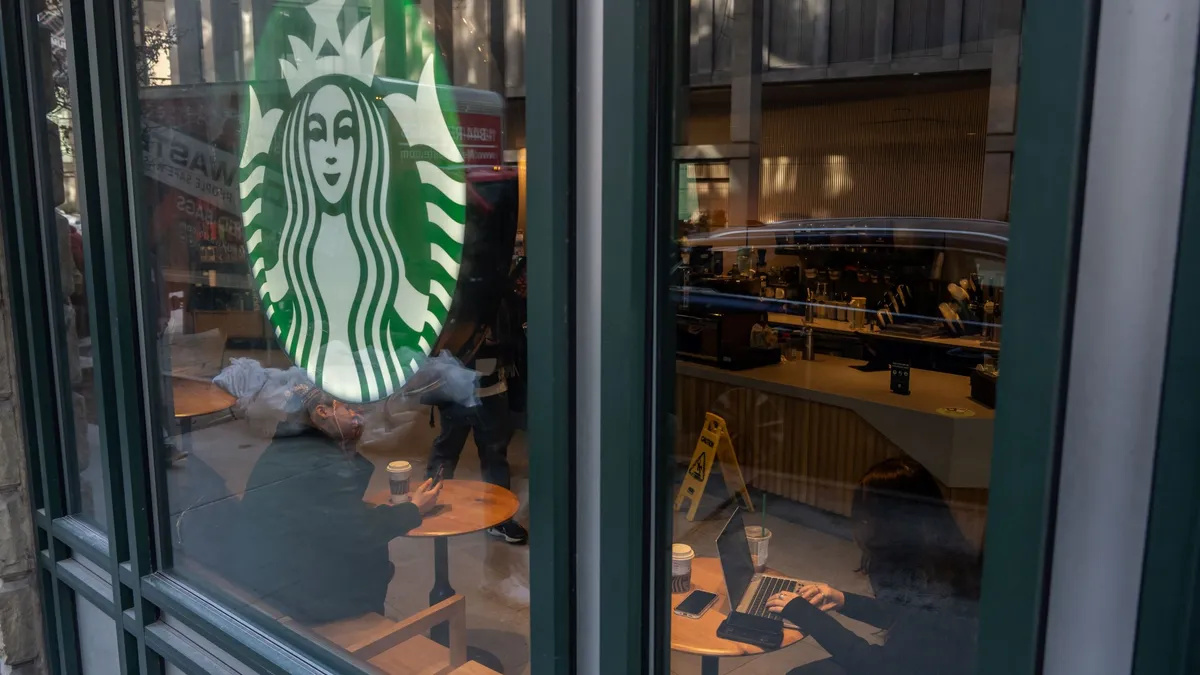Dive Brief:
- Customer service and retail are among the top 10 industries with the largest talent gaps, according to a Resume Now report released earlier this month
- Labor shortages in the customer service and retail industries increased in Q1, despite wage increases of 10% and 7% year over year, respectively. The national average compensation growth, meanwhile, was just 3.8%.
- "Despite continued uncertainty across sectors and broader economic concerns, the need for skilled frontline workers remains strong — and in many industries, it's growing," Talroo CEO Thad Price said in a news release.
Dive Insight:
Worker burnout, which has been on the rise since the start of the COVID-19 pandemic, is leading to customer service and retail employees quitting, resulting in fewer applicants per job opening.
"Employers are still struggling to fill essential roles that keep our communities running," Price said.
Hourly wages for customer service workers increased from $17.42 to $19.15 YoY, while wages for retail employees increased from $16.27 to $17.44 YoY.
However, it hasn't been enough to attract more candidates, suggesting that frontline workers and job applicants have more power to negotiate wages, benefits, schedules and other perks.
"Wage growth is one of the clearest signals of labor market shifts — and in Q1 2025, frontline industries saw notable gains," according to the report.
Given the talent gap, businesses may need to be more flexible about job qualifications and requirements to fill frontline positions, while offering better compensation and more flexibility.
"This data provides a clear call to action: to invest in smarter recruiting strategies, support workforce development, and help more people connect with meaningful, high-demand jobs," Price said.
While burnout is a serious problem in many industries, customer service and retail businesses may struggle to fill positions more than others. Those industries are more likely to employ younger workers who are simultaneously more vulnerable to burnout and more likely to prioritize their mental and physical health when choosing a job.
At the same time, the average weekly hours worked declined from 44.1 in 2019 to 42.9 in 2024, a 1.2-hour decrease, according to Gallup. However, the decline was even more pronounced for workers under the age of 35, who worked nearly two hours less over the same period.
"Work-life balance and better overall wellbeing now rank among the most important considerations when choosing a new job," Gallup said.
Resume Now partnered with Talroo, a job advertising platform, to conduct the study. The study uses Talroo's first-party data to analyze job posting trends, resume supply, wage data, scheduling shifts and economic indicators affecting the frontline worker job market.
Correction: An earlier version of this article listed the wrong author. The byline has been updated.












